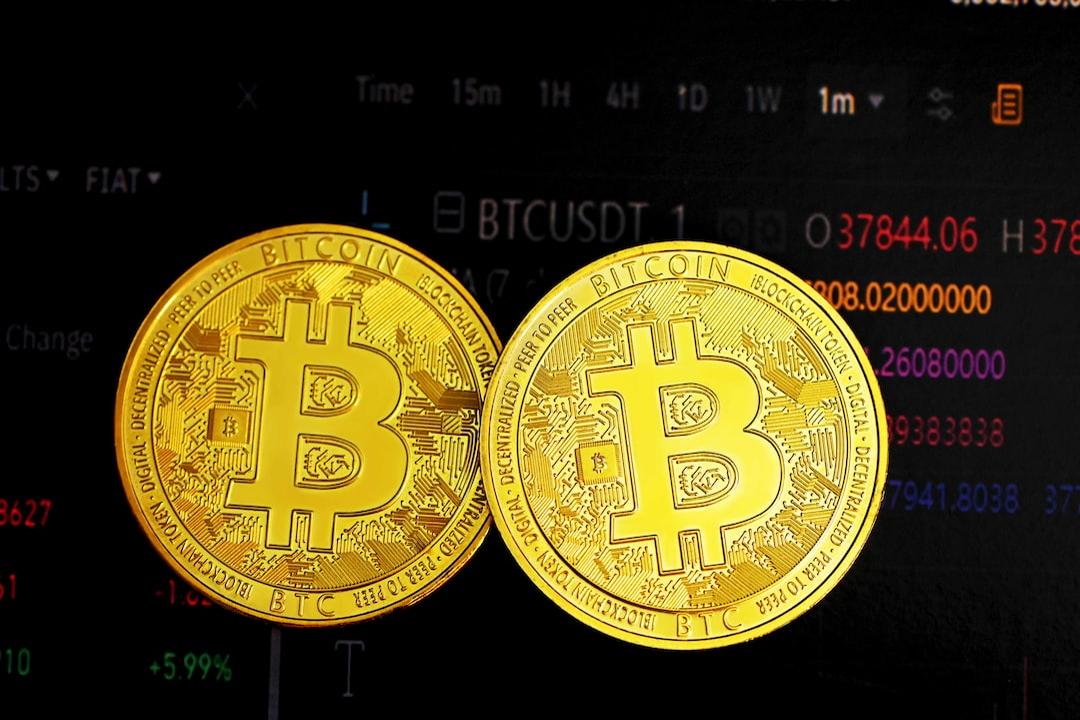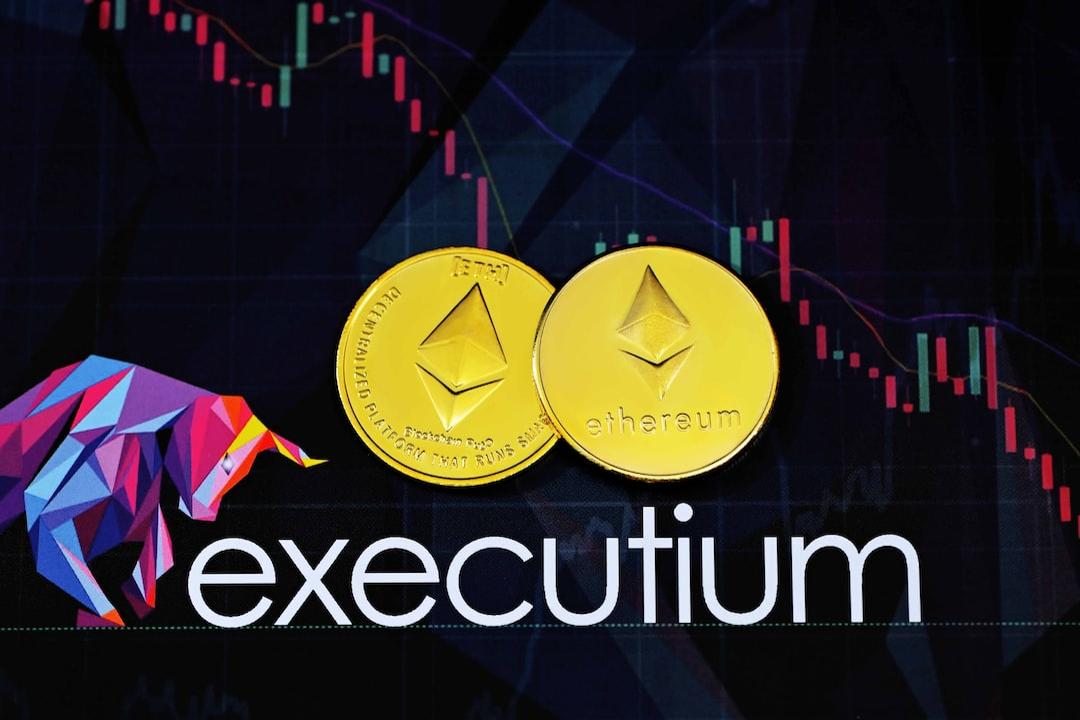With the rise of a more cryptocurrency-friendly U.S. government and the departure of SEC’s Gary Gensler, asset management firms are now launching a broader range of exchange-traded funds (ETFs) covering altcoins, memecoins, and even NFTs. This article is derived from a Coingecko piece, organized, translated, and written by Felix of PANews.
(Background: The world’s first “Solana Spot ETF” has been approved in Canada and opened for staking, with SOL rebounding nearly 20% within a week.)
(Context: The U.S.’s first “2x XRP leveraged” fund launched, analysts say: Approval for Ripple’s spot ETF is just a matter of time.)
Key Points
- BTC and ETH spot ETFs have attracted billions of dollars in institutional inflows, legitimizing cryptocurrencies in TradFi.
- Asset management firms are actively applying for ETFs covering assets like Solana, XRP, Litecoin, and Cardano.
- ETFs for memecoins such as DOGE, TRUMP, BONK, and PENGU have also been submitted.
- Bloomberg and Polymarket estimate that the approval probabilities for assets like SOL, XRP, and LTC range from 75% to 90%, while the chances for SUI, APT, and meme-based funds are very low.
- There are divisions within the crypto space. Opinions vary from liquidity to views on L1 supremacy. However, if there is one thing that can unite all crypto enthusiasts, it is the hope for mainstream acceptance of cryptocurrencies.
- Between 2024 and 2025, as cryptocurrency ETFs gain approval and expand rapidly, the dream of mainstream acceptance for cryptocurrencies takes a significant step forward.
- For the first time, investors can directly invest in various digital assets through traditional brokerage accounts, without complex crypto wallets or exchanges.
- Institutional investors, previously hesitant due to regulatory uncertainties, poured billions into the market within weeks of the launch of Bitcoin and Ethereum ETFs. The impact was immediate. Bitcoin prices skyrocketed to new historical highs, and Ethereum ETFs were quickly approved. These ETFs provided traditional financial participants with more convenient investment channels and deeper market liquidity, setting a precedent for the regulatory approval of other cryptocurrency ETFs.
Now, with Gary Gensler stepping down from the SEC, and a more cryptocurrency-friendly government in power, asset management firms are seizing the opportunity to apply for more altcoin ETFs, such as those for Solana and Ripple, as well as memecoins like Dogecoin, BONK, and Trump Memecoin.
This article provides a comprehensive overview of the current state of the cryptocurrency ETF craze.
Bitcoin ETFs Set the Foundation for the Market
For a long time, Bitcoin has been the representative of cryptocurrencies. In 2024, with the approval of the first spot Bitcoin ETFs in the U.S., Bitcoin officially enters the mainstream financial system. Although Bitcoin futures ETFs have existed since 2021, the launch of spot ETFs marks a watershed moment, allowing investors to directly hold actual Bitcoin assets rather than derivative contracts.
In just a few days after listing, the spot Bitcoin ETF attracted billions of dollars in inflows. This influx greatly enhanced Bitcoin’s liquidity and solidified its status as a legitimate asset class on par with traditional commodities like gold.
As several asset management firms launched competitive Bitcoin ETFs, the market quickly became a battleground for investors. While BlackRock’s iShares Bitcoin Trust dominated early inflows, firms like Fidelity, ARK Invest, and VanEck also gained significant participation.
By 2025, multiple large asset management firms had launched spot Bitcoin ETFs. Here are the details of the major funds and their Bitcoin holdings.

Source: Blockworks Bitcoin ETF Tracker
Key Differences between Futures and Spot Bitcoin ETFs:
- Futures Bitcoin ETF (e.g., BITO): Holds Bitcoin futures contracts from the Chicago Mercantile Exchange, rather than actual Bitcoin. Due to contract rollovers, tracking errors can occur.
- Spot Bitcoin ETF (e.g., IBIT): Directly holds Bitcoin and can accurately track the market price of Bitcoin.
Ethereum ETFs
Following the success of Bitcoin ETFs, the next significant milestone in the cryptocurrency ETF space is the launch of Ethereum ETFs. While Bitcoin is often viewed as “digital gold,” Ethereum serves as the backbone of the DeFi and smart contract ecosystem.
Initially, regulators were hesitant to approve Ethereum ETFs. However, with the SEC approving spot Bitcoin ETFs in early 2024, the path for Ethereum’s development became clearer.
By May 2024, several Ethereum futures ETFs were granted regulatory approval, marking another watershed moment for cryptocurrency adoption. The spot Ethereum ETF was approved in July 2024. In the months leading up to approval, Ethereum’s price broke the $4000 barrier, mirroring Bitcoin’s surge earlier in the year.
By 2025, Ethereum’s spot ETFs collectively held a significant amount of ETH, making them one of the largest institutional investment tools for this asset.

Source: Blockworks Ethereum ETF Tracker
At the time of writing, nearly 3 million ETH are held by ETFs, marking a new high for institutional participation in ETH.
Altcoin ETFs on the Horizon
As spot Bitcoin and Ethereum ETFs have solidified their development, asset management companies are now turning their attention to a broader cryptocurrency ecosystem.
Encouraged by the SEC’s increasingly open stance toward cryptocurrencies and the continuous improvement of market regulatory structures, asset management firms have been applying for a slew of altcoin ETFs. These proposals aim to attract investors to popular tokens like Litecoin, XRP, Solana, Dogecoin, and Cardano.
Although the U.S. has yet to approve any altcoin ETF, several are in active review, and regulatory attitudes are changing. Analysts and industry insiders believe that once the first one is approved, other altcoin ETFs will quickly follow suit, similar to the domino effect seen when Bitcoin and Ethereum received approval.
Solana (SOL) ETF
Solana has gained immense popularity over the past year, becoming one of the most sought-after candidates for altcoin ETFs. With a robust DeFi ecosystem, Solana is viewed as Ethereum’s strongest competitor in the smart contract space.
However, a key regulatory hurdle remains: whether Solana is classified as a security. Ongoing lawsuits and classification disputes may delay the SEC’s decision. Nonetheless, the infrastructure is already forming—DTCC (the Depository Trust & Clearing Corporation) has listed two Solana futures ETFs (SOLZ, SOLT), and the Chicago Mercantile Exchange is preparing to launch SOL futures contracts in 2025.

